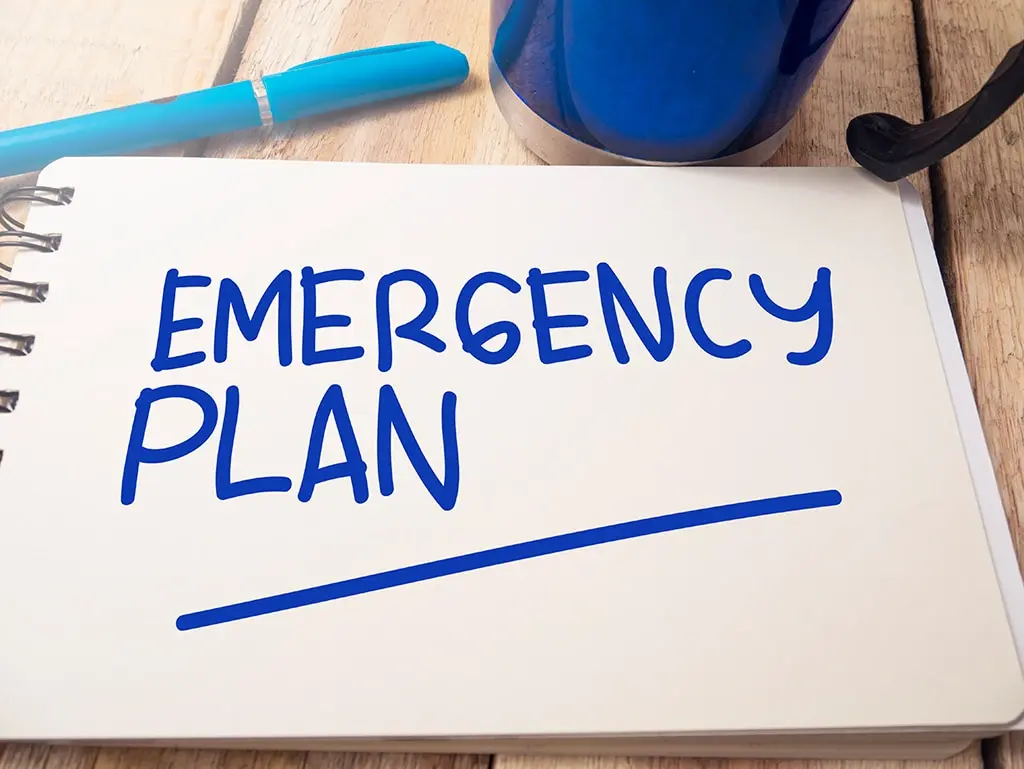Smart planning is essential to prepare your business for a natural disaster. Get started with these five tips.
When a natural disaster hits, many small businesses never fully recover. According to the Institute for Business and Home Safety, an estimated 25% of small businesses don’t re-open after a major disaster. That’s why it’s important to take preventative steps early to ensure your business recovers quickly. Here are five of the best tips to prepare your business for any disaster.
1. Develop a Communication Plan
Keeping your employees, vendors, and stakeholders up to date with information in real-time is critical during an emergency. That’s why risk management experts recommend keeping a hard-copy of your employee’s contact information, as well as your primary emergency service contacts. To keep employees and clients updated on business operations, consider making status updates on your business’s social media platforms or purchasing a company text alert system.
2. Protect Your Data and Records
Losing data and records during a disaster is nearly impossible to restore. To ensure files and important documents are protected, invest in a cloud-based storage system that automates back up data. For extra measure, regularly schedule tests of your backups.
3. Assist Your Employees
As a business owner, your employees are your lifeblood, which is why you’ll need to give your employees enough time to recuperate from a disaster. Rather than pushing them to quickly pick up the slack, find out ways to help where you can. This includes access to mental health providers who specialize in emotional assistance after a disaster or advances on paychecks.
4. Conduct Thorough Training Sessions
Training is essential to familiarize your employees with protective actions for their safety. Training includes fire and lockdown drills, knowledge about safety, security, and information prevention programs. If you haven’t already, form an emergency response team to define what their roles and responsibilities are during a disaster. Team leaders should receive additional training for incident management and possibly receive certification for CPR or first aid administration.
5. Create a Business Continuity Plan
In the event that your business is affected by a disaster, you should develop a business continuity plan to get your business back on track. To create a business continuity plan, you should conduct the following:
- Conduct a business continuity impact analysis: To prevent as many losses as possible, identify the business operations that if disrupted, would have the strongest negative financial impact (e.g. lost sales and income, negative cash flow) on your business. Once identified, they should be prioritized for restoration.
- Develop a recovery strategy: After calculating the resources and costs to recover your business operations, start exploring recovery strategies for your team. For instance, if your machines are all lost in a flood, you may want to consider contracting machines at another facility until your business is up and running.
Getting Disaster Aid
Find a FEMA Center In Your State
More Resources
- How to Develop a Business Continuity Plan
- Developing and Delivery of Training to Resource Workers (U.S. Occupational Safety & Health Administration)
- Small Business Recovery Guide (U.S. Chamber of Commerce Foundation)
